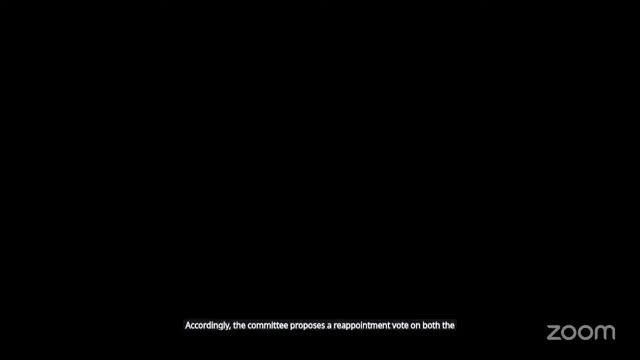Article not found
This article is no longer available. But don't worry—we've gathered other articles that discuss the same topic.

Public Arts office previews exhibitions, Art Bank and mural policy work
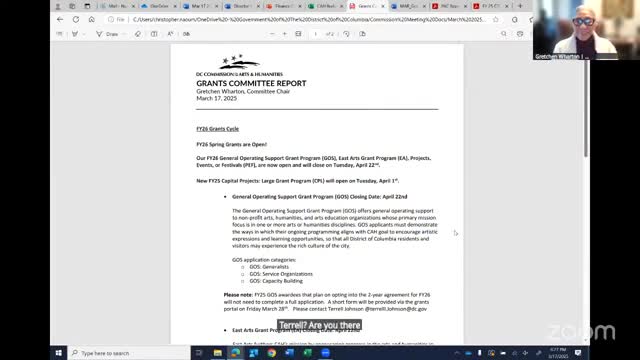
CAH opens FY26 grant rounds; new capital grants RFA to launch April 1
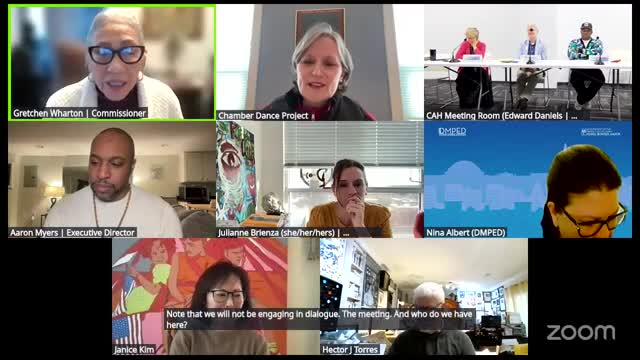
Local performing arts group asks commission to consider theater‑rental subsidies
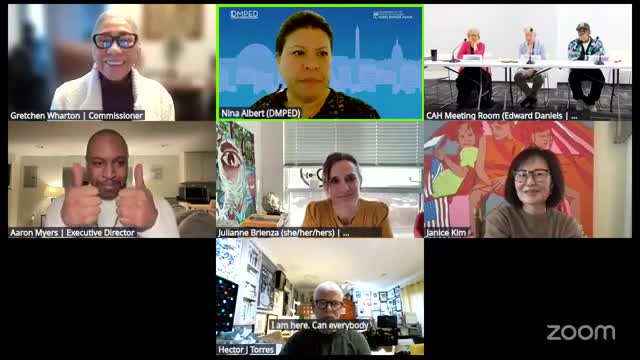
Deputy mayor outlines strategy to link arts with DC economic recovery
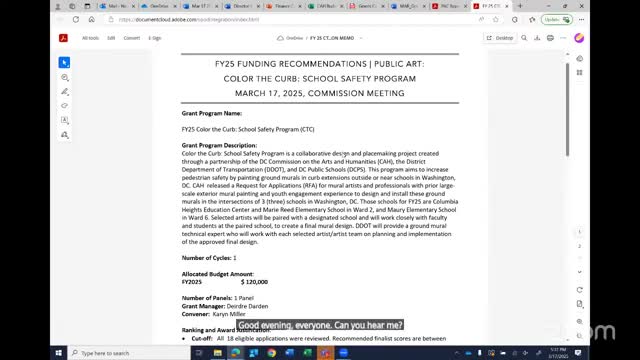
Commission approves $120,000 for Color the Curb school‑safety murals
